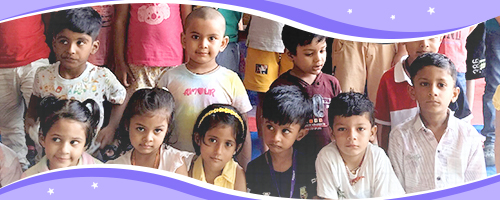Smart Class Learning
In the modern educational landscape, Smart Class Learning has revolutionized how students engage with their studies. Utilizing interactive whiteboards, projectors, and educational software, lessons become more dynamic and engaging. This method not only makes learning more interesting but also caters to different learning styles, ensuring that each student can grasp complex concepts more easily. From animated videos to interactive quizzes, Smart Class Learning brings a new dimension to education, making it more effective and enjoyable.


Admission Enquiry